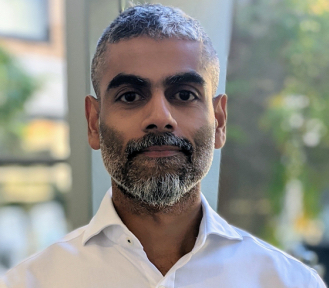
Dr Adith Mohan
A multidisciplinary intervention clinic for patients with Functional Neurological Symptom Disorders (FND) will bring together neuropsychiatry, neurology, rehabilitation medicine, physiotherapy, occupational therapy and psychology for the first time.
The clinic, which will be fully operational by January 2022, is being established with a Mindgardens Neuroscience Network Translational Research Grant.
Neuropsychiatrist Dr Adith Mohan, from the Centre for Healthy Brain Ageing at the University of NSW and the Neuropsychiatric Institute at the Prince of Wales Hospital, told the limbic all patients assessed within the clinic will be presented to the multidisciplinary team to form consensus on a management plan.
“This is a unique clinic in the public health space that is dedicated to providing care for patients with FND.”
“For some of those patients they will have access to an in-house intervention comprising CBT and input from occupational therapy and physiotherapy.”
“Patients with FND are quite a heterogenous group and can have a range of symptoms. The intervention will try and be tailored to the needs of the individual patients.”
Dr Mohan said the clinic also aims to develop a model of collaborative care in a space which has typically involved quite fragmented care, as evidenced in a 2019 report commissioned by the National Mental Health Commission.
“We will systematically look at outcomes of people who come through the clinic and follow them up over time for an evaluation of the success of the clinic.”
He said there were many treatment models for FND but no gold standard as yet.
“There is a gap in care provision that is widely acknowledged. The big gap is in terms of having cohesive collaborative care models which fundamentally, is what this clinic is about.”
“The hope is to shape what we’re doing over time, based on the outcomes we are looking at, into a future model of care that is effective and can be translated easily.”
Dr Mohan said people accessing the clinic will be invited to participate in a clinical registry which could then grow statewide.
Registrants may also be invited to participate in future trials that become available.
“There are of course questions in relation to biomarkers that might aid in the clinical diagnosis of FND. That has been a longstanding evidence gap. Many of us are interested in answering that question as best we can but it’s a complicated question because it’s a complicated clinical group.”
He said the clinic will also be involved in capacity building, developing educational materials, and networking with referrers such as primary care practitioners and EDs.